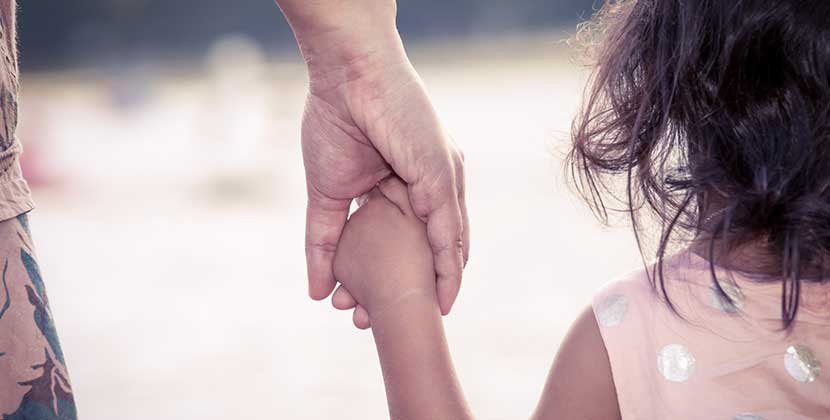The human papillomavirus (HPV) vaccine can prevent a host of health issues caused by HPV, including cancer. It’s one of only two vaccines that prevent cancer – HPV and Hepatitis B, which can lead to cancer. Virtually everybody is exposed to HPV at some point in their life. HPV is the most common sexually transmitted infection in the U.S., according to the Centers for Disease Control and Prevention (CDC), infecting about 80 million Americans and causing more than 38,000 cases of cancer each year.
You can protect your child from the deadly effects of HPV with vaccination.
Many parents think their child is too young to be concerned about sexually transmitted diseases. But, the whole point of a vaccination is to be vaccinated before you have any exposure so you are truly protected. As I tell my patients and parents, I’m looking at you now but I’m worrying about you in the future. If I can give you something that can prevent cancer, that’s a good thing.
When to Immunize
You can start the immunization process as early as age 9, but typically it’s given at ages 11 to 12 as part of the preteen vaccine schedule. The CDC recently changed the HPV vaccine recommendation from a three-dose series to two doses for those younger than 15 years of age. And, the research found that two doses work better when spaced six-to-twelve months apart so they can be administered at your annual check-ups. The HPV vaccine is immunogenic meaning your body generates a stronger immune response to the vaccine at an earlier age. So, it’s more protective the earlier the vaccine is given.
In 2015, approximately 65 percent of girls and 57 percent of boys in Minnesota received one dose of the HPV vaccine. While there is some protection from just one dose of the vaccine, it’s critical to boost the immune system with a second dose to ensure it recognizes that this is a virus we want to protect ourselves against.
The HPV vaccine has been around for about a decade. Catch-up vaccines are recommended for boys through age 21 and girls through age 26, if they were not fully vaccinated when they were younger.
Side Effects
There are multiple types or strains of HPV and the latest vaccine, Gardasil-9, targets nine of the most common strains of HPV that cause cancer and other health issues. The HPV vaccine has minimal side effects with the most common being pain and redness at the injection site. A small percentage of people experience fainting within 15 minutes of the shot, which is why we ask our patients to sit down after receiving the shot.
HPV Symptoms and Causes
The majority of people who are exposed to HPV are asymptomatic. HPV operates inside of our cells over time, hijacking the machinery of our cells and influencing them to become cancerous. HPV causes a variety of cancers, including:
- Cervical, vaginal and vulva cancers in girls; nearly all cervical cancer is related to HPV.
- Penile cancers in boys; HPV has been linked to approximately 35 percent of penile cancers.
- Head and neck and anal cancers in both boys and girls. We normally think of head and neck cancers as tobacco related, but recent studies reveal HPV is contributing to a large percentage of them including approximately 70 percent of oral cancers (tongue, throat).
These are difficult topics to discuss and think about but a cancer diagnosis is life changing. Cervical cancer used to be the leading cause of cancer in women. Since the invention of the PAP smear as a screening test for cervical cancer, surgical removal of precancerous lesions has reduced this risk. Many mothers know of a family member or friend who has had to worry about a PAP smear result. The HPV vaccine directly prevents the changes seen on PAP smears. Aside from preventing cancer, it saves women from having to worry or need a surgical intervention.
Multiple studies have been done to see if there is any increased risk of sexual promiscuity or sexual disease transmission related to this vaccine and there is not. It is a vaccine for our early adolescents that does not change their decision making whatsoever.
Genital Warts
HPV can also cause genital warts, which are more likely in women than men. The HPV vaccine also reduces your risk of getting genital warts.
Schedule your child’s vaccinations online or by calling 763-581-CARE (2273)


